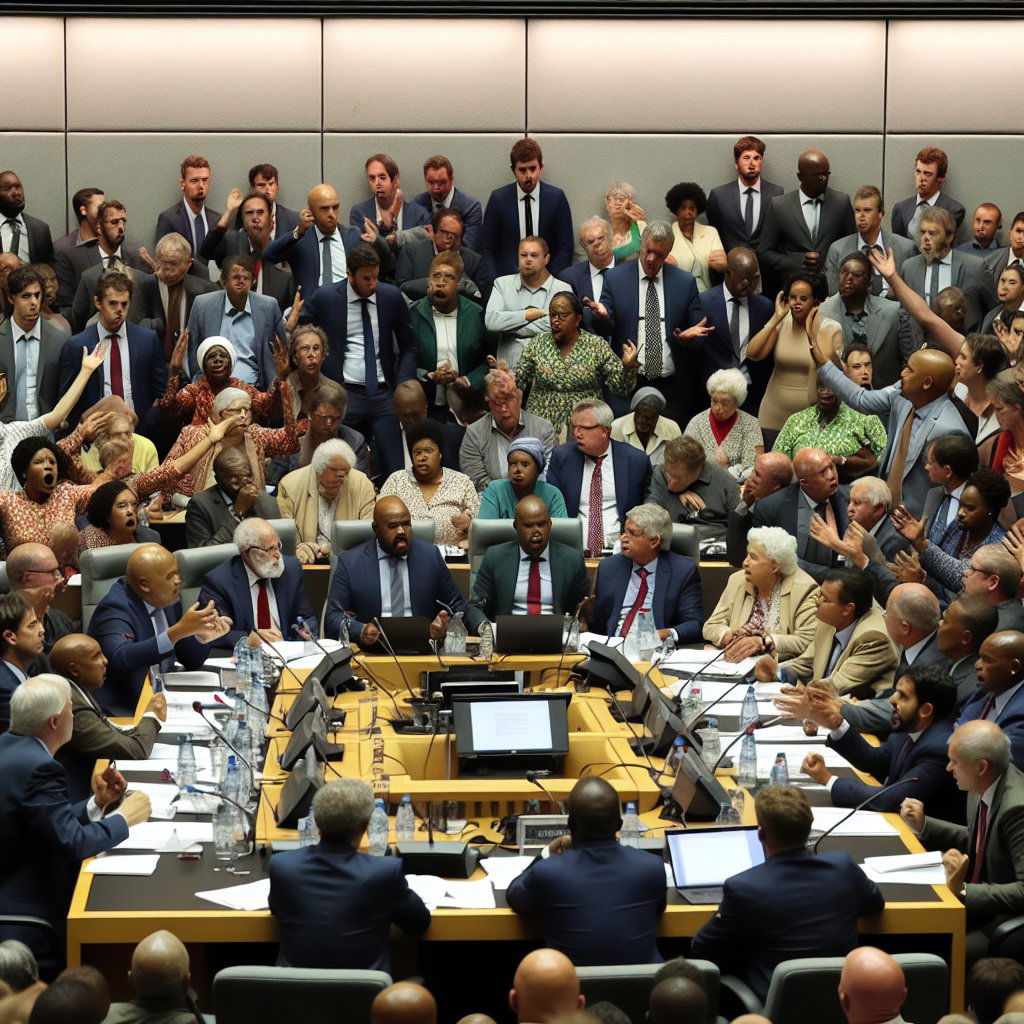Image: AI generated for illustration purposes
Western Cape Legislature Stands Against NHI Bill Amid Concerns over Centralisation and Planning
In an unequivocal stance on the future of healthcare, the Western Cape Legislature's standing committee on health and wellness rejected the National Health Insurance (NHI) Bill on the 27th of November, echoing concerns about the proposed framework's centralised nature and the vagueness surrounding its execution plan.
The NHI Bill has been a topic of heated debate nationwide, with proponents advocating for its promise of universal healthcare coverage. Despite the noble intent, the bill has faced scrutiny and opposition, with the Western Cape leading the charge in its most recent legislative session. At the heart of their rejection lies a trio of critical issues: the centralisation of healthcare services, the absence of a robust and transparent plan, and significant legal barriers highlighted during the review process.
Centralisation fears have been fanned by the shadow of other national entities such as Eskom and Denel, both of which are mired in operational challenges. This sentiment was echoed by Western Cape Premier, Alan Winde, who expressed reservations about the creation of a large, centralised national entity that could mirror the inefficiencies and problems faced by these organisations.
In a meeting that delved deep into the legislative particulars, the Western Cape Provincial Parliament's own Gerrit Pretorius indicated that a definitive committee negotiating mandate had been dispatched to the National Council of Provinces. Despite little expectation of a response, the committee moved forward with their analysis of the bill.
The ANC found itself in the minority, advocating in favour of the bill despite the committee's broader apprehension. Instead, the committee's report reflected an ambivalent stance, granting the Western Cape's delegation in the NCOP the discretion to support, reject, or remain neutral on the bill's passing.
The crux of the opposition to the NHI Bill appears to lie within a 600-page document containing detailed accounts from public and business perspectives, drafted by the Western Cape Department of Health and Wellness. Discussed in a session just days prior to the rejection, this document spotlighted the depth of uncertainty and disquiet pervading various sectors regarding the NHI Bill's feasibility and the opaque nature of its funding.
Moreover, legal apprehensions were foregrounded by the incisive inputs of legal experts such as Advocate Romeo Maasdorp, who underscored the red flags that could potentially derail the bill legally.
The collective sentiment is palpably clear; while universal healthcare remains paramount, the route to achieving it is fraught with complexities that demand meticulous attention. The Western Cape has set a precedent of rigorous engagement with the legislative process, signalling to the rest of the country that detail-oriented planning and a well-grounded legal framework are indispensable.
This development marks a significant pivot in the ongoing discourse surrounding universal healthcare in South Africa, situating the Western Cape as both a critic and a conscientious objector to the current iteration of the NHI Bill. It shapes the debate around how healthcare reform must be approached and the significant work that lies ahead in crafting a system that is equitable, sustainable, and reflective of the needs of all South Africans.





